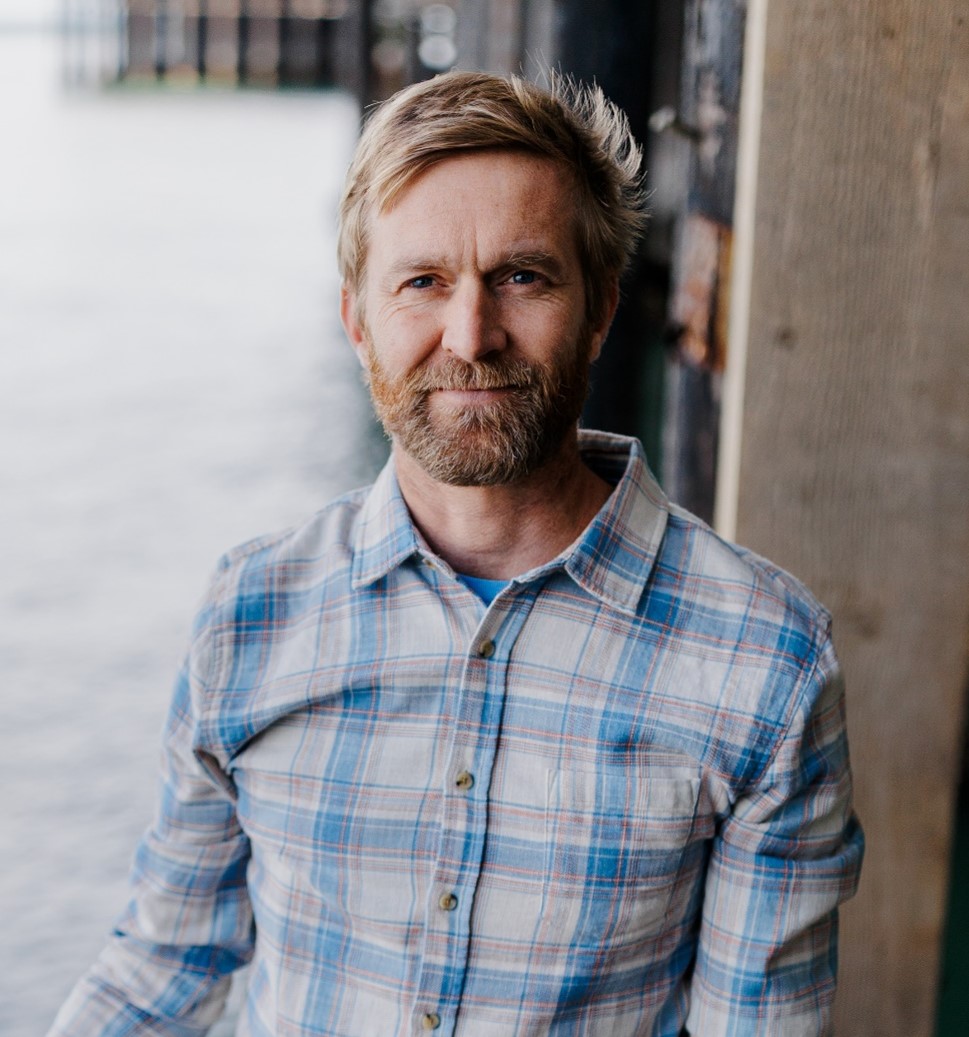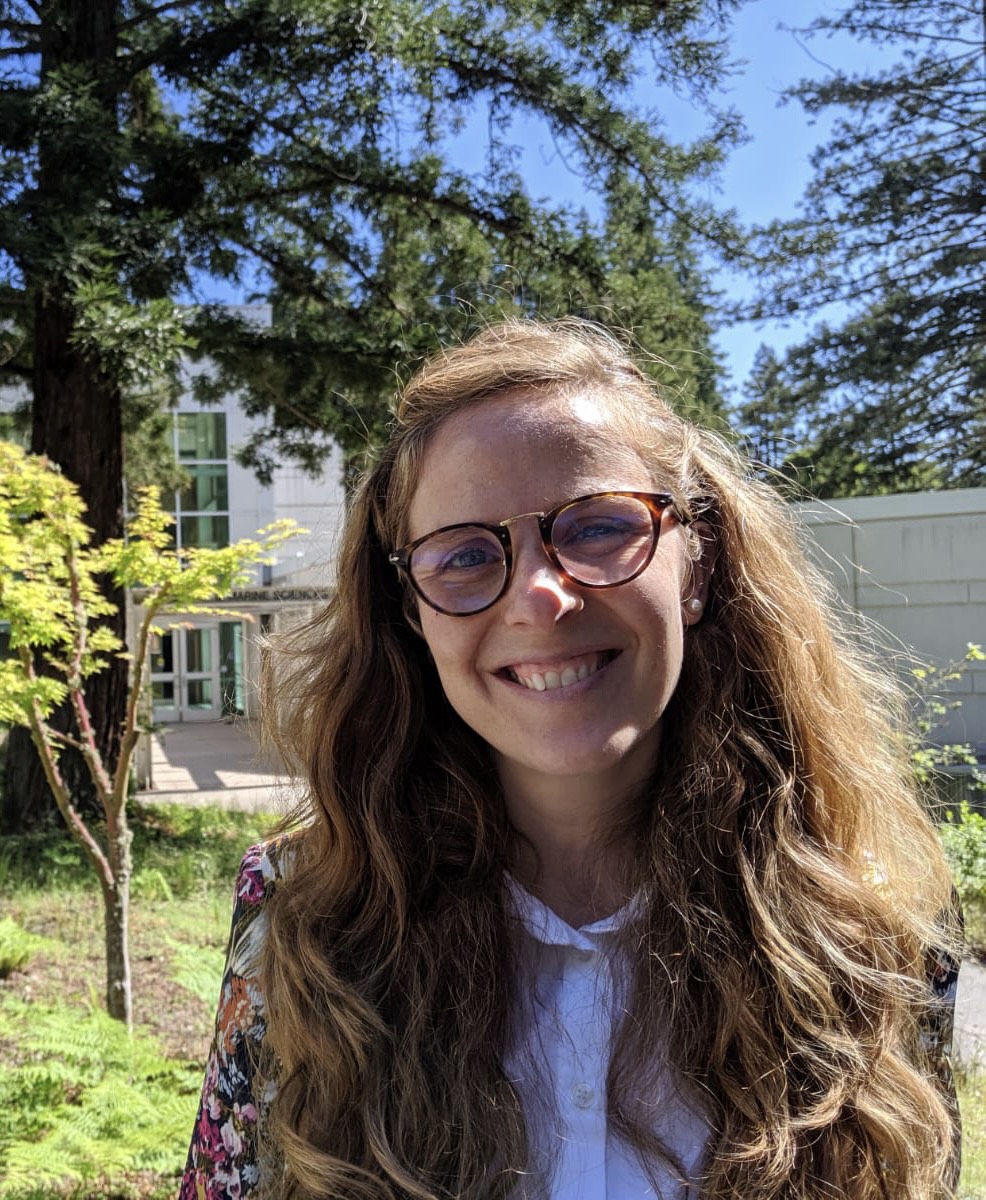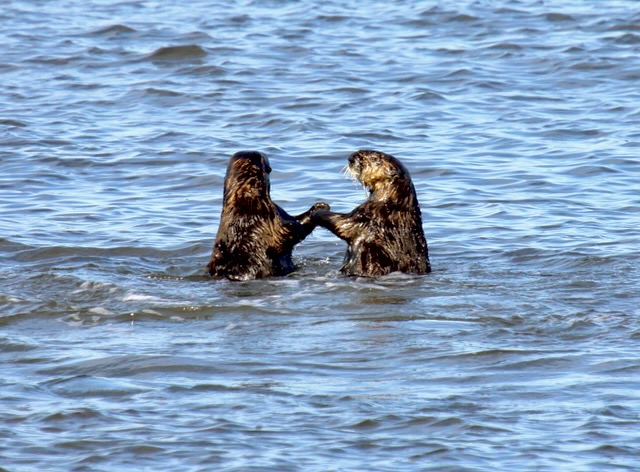Dr. Lydia Baker | CSUMB
Presenting: "Marine bacterial symbionts: Challenging evolutionary norms and informing conservation"
Hosted by the MLML Geological Oceanography Lab
MLML Seminar | November 5th, 2024 at 4pm (PDT)

Marine bacterial symbionts: Challenging evolutionary norms and informing conservation
Interactions between organisms, particularly in symbiotic relationships, are a key driver of biological innovation in marine ecosystems. My research leverages advanced sequencing technologies and bioinformatics to examine the dynamics of bacterial symbionts across diverse marine hosts, including sharks, anglerfish, and corals. This work elucidates the evolutionary trajectories and transmission mechanisms of symbiotic bacteria, revealing unique patterns that diverge from those observed in terrestrial symbioses. Furthermore, I investigate the influence of environmental factors on host-associated microbiomes, highlighting their critical role in host health and ecosystem functioning.
Dr. Lydia Baker
Assistant Professor, CSUMB
Dr. Lydia Baker earned their Ph.D. in Oceanography from the University of Hawai’i at Mānoa, focusing on diatom-associated bacteria. They completed postdoctoral research at Oregon State and Cornell, studying microbial interactions and symbiosis in anglerfish and coral respectively. Dr. Baker is currently an Assistant Professor at California State University Monterey Bay, where their research covers microbial ecology, symbiont evolution, and their impact on marine ecosystems.




